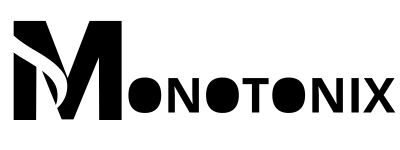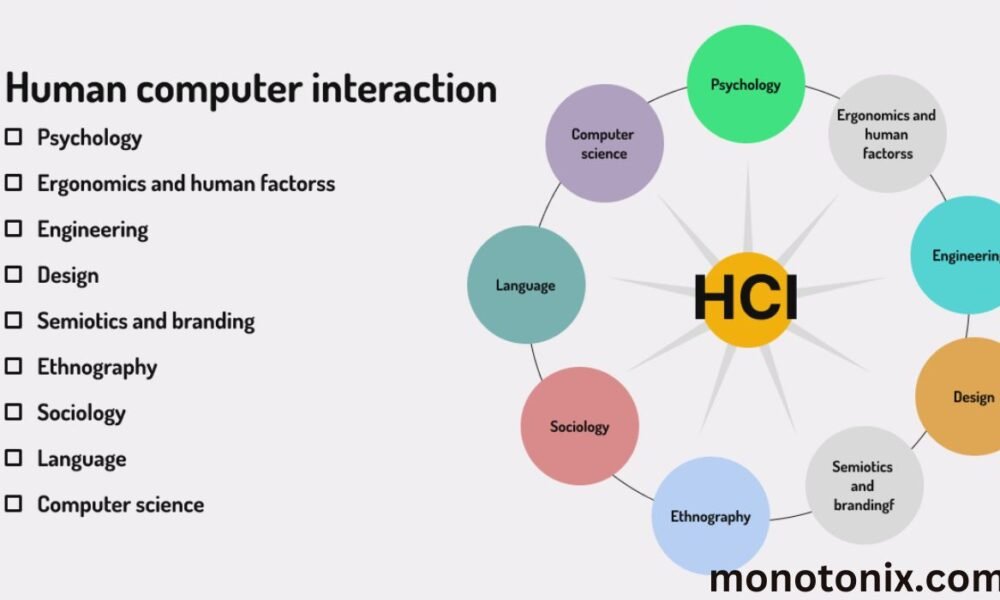Introduction
As technology becomes increasingly integrated into our daily lives, it brings with it a host of ethical and societal questions that we must address. From the data we share online to the artificial intelligence (AI) systems we interact with, the impact of technology on our privacy, security, and overall well-being is profound. Project Valvrein, a theoretical initiative aimed at exploring these implications, seeks to understand the challenges and opportunities presented by our digital age.
Privacy in the Digital Age
One of the most significant issues in the realm of technology is privacy. As we move further into a world where data is currency, the line between public and private information becomes blurred. Every click, every like, and every online purchase is tracked, stored, and analyzed by companies and governments alike. This raises critical questions about who owns our data and how it is used.
The Value of Personal Data
Personal data has become a valuable commodity. Companies use it to tailor advertisements, improve services, and predict consumer behavior. While this can lead to more personalized and convenient experiences, it also means that our personal information is constantly being collected and scrutinized. This commodification of data can lead to a loss of control over our private lives.
Data Security Concerns
With the increase in data collection comes the heightened risk of data breaches. High-profile incidents, such as the Facebook-Cambridge Analytica scandal and the Equifax breach, have highlighted the vulnerability of our personal information. These breaches not only expose individuals to potential financial loss but also to identity theft and other forms of cybercrime. Ensuring data security is a paramount concern that must be addressed through robust cybersecurity measures and regulations.
The Ethics of AI and Automation
Artificial intelligence and automation are transforming industries and redefining the nature of work. While these technologies offer numerous benefits, such as increased efficiency and the ability to perform complex tasks, they also raise significant ethical questions.
Job Displacement
One of the most pressing concerns is job displacement. As AI and automation become more advanced, many traditional jobs are at risk of becoming obsolete. This creates a dilemma: while technology can drive economic growth and innovation, it can also lead to unemployment and social inequality. Policymakers must find ways to balance the benefits of technological progress with the need to protect workers and provide opportunities for retraining and education.
Bias and Fairness in AI
Another ethical issue is the potential for bias in AI systems. AI algorithms are only as good as the data they are trained on, and if that data is biased, the AI will be too. This can lead to unfair outcomes in areas such as hiring, law enforcement, and lending. Ensuring that AI systems are transparent and fair requires rigorous testing and the inclusion of diverse perspectives in the development process.
Societal Impacts of Technology
Beyond individual concerns, the integration of technology has broader societal implications. It affects how we communicate, form relationships, and even perceive reality.
The Influence of Social Media
Social media platforms have revolutionized the way we connect with others, but they also come with drawbacks. The spread of misinformation, echo chambers, and online harassment are just a few of the negative aspects of social media. These platforms can amplify divisive content, leading to increased polarization and social unrest. Addressing these issues requires a combination of regulation, education, and technological solutions to promote healthier online communities.
The Digital Divide
While technology has the potential to bridge gaps and create opportunities, it can also exacerbate existing inequalities. The digital divide refers to the gap between those who have access to technology and those who do not. This divide can be seen in terms of access to high-speed internet, digital literacy, and the availability of technological resources. Closing this gap is essential to ensure that everyone can benefit from the advancements in technology.
Ethical Frameworks and Regulations
To navigate the complex landscape of technological integration, we need robust ethical frameworks and regulations. These should be designed to protect individual rights, promote fairness, and ensure that technology is used for the greater good.
Developing Ethical Guidelines
Ethical guidelines for technology use should be developed through a collaborative process that includes input from technologists, ethicists, policymakers, and the public. These guidelines should address issues such as privacy, data security, bias, and accountability. For instance, the European Union’s General Data Protection Regulation (GDPR) is a step in the right direction, providing individuals with greater control over their personal data and imposing strict requirements on data handlers.
Promoting Transparency and Accountability
Transparency and accountability are crucial in building trust in technology. Companies and governments must be open about how they collect, use, and protect data. This includes being transparent about AI decision-making processes and ensuring that there are mechanisms in place to hold entities accountable for misuse or harm caused by technology.
The Role of Education and Public Awareness
Education and public awareness are key components in addressing the ethical and societal implications of technology. By fostering a better understanding of how technology works and its potential impacts, we can empower individuals to make informed decisions and advocate for their rights.
Digital Literacy
Digital literacy is essential in today’s world. It encompasses not only the ability to use technology but also the understanding of how it affects our lives. Educational initiatives should focus on teaching digital literacy from a young age, covering topics such as online safety, data privacy, and critical thinking in the digital age.
Public Engagement
Engaging the public in discussions about technology is also important. This can be done through public forums, workshops, and other outreach efforts that encourage dialogue between technologists, policymakers, and the community. By involving the public in these conversations, we can ensure that diverse perspectives are considered and that technology development aligns with societal values.
The Future of Project Valvrein
Project Valvrein aims to continue exploring the ethical and societal implications of technological integration. By conducting research, fostering dialogue, and promoting ethical guidelines, the project seeks to ensure that technology serves as a force for good in society.
Research and Innovation
Ongoing research is essential to understanding the full impact of technology on society. Project Valvrein will focus on interdisciplinary research that brings together experts from fields such as computer science, sociology, law, and ethics. This research will help identify emerging issues and develop innovative solutions to address them.
Policy Development
Policy development is another critical aspect of Project Valvrein. By working with policymakers, the project aims to create regulations that protect individual rights and promote the ethical use of technology. This includes advocating for policies that address data privacy, AI ethics, and cybersecurity.
Global Collaboration
Technology is a global phenomenon, and addressing its implications requires international cooperation. Project Valvrein will collaborate with organizations and governments around the world to share knowledge and develop unified approaches to the ethical challenges posed by technology.
YOU MAY ALSO LIKE;
Mastering SEO for Financial Services Industry (FSI) Blogs Ranking #1 on Google
Conclusion
As technology continues to evolve and become more integrated into our lives, it is crucial that we address the ethical and societal questions it raises. Project Valvrein represents a commitment to understanding these issues and finding ways to ensure that technology benefits society as a whole. By focusing on privacy, data security, AI ethics, societal impacts, and the development of ethical frameworks, we can navigate the digital age in a way that promotes fairness, transparency, and the greater good. Through research, policy development, and public engagement, Project Valvrein aims to create a future where technology serves humanity, not the other way around.
Five Most Searched FAQs
- What is Project Valvrein?
- Project Valvrein is a theoretical initiative that explores the ethical and societal implications of technological integration, focusing on privacy, data security, AI ethics, and the societal impact of technology.
- Why is privacy important in the digital age?
- Privacy is crucial as it protects individuals’ personal information from misuse, data breaches, and potential cybercrimes, ensuring control over one’s private life.
- How does AI pose ethical challenges?
- AI poses ethical challenges such as job displacement, bias in decision-making, and fairness, requiring transparency, accountability, and inclusive development processes.
- What are the societal impacts of technology?
- Technology influences communication, relationships, and information dissemination, raising issues like misinformation, social polarization, and the digital divide.
- How can ethical frameworks help in technology integration?
- Ethical frameworks guide the responsible use of technology by establishing guidelines for privacy, data security, and fairness, promoting transparency and accountability.











